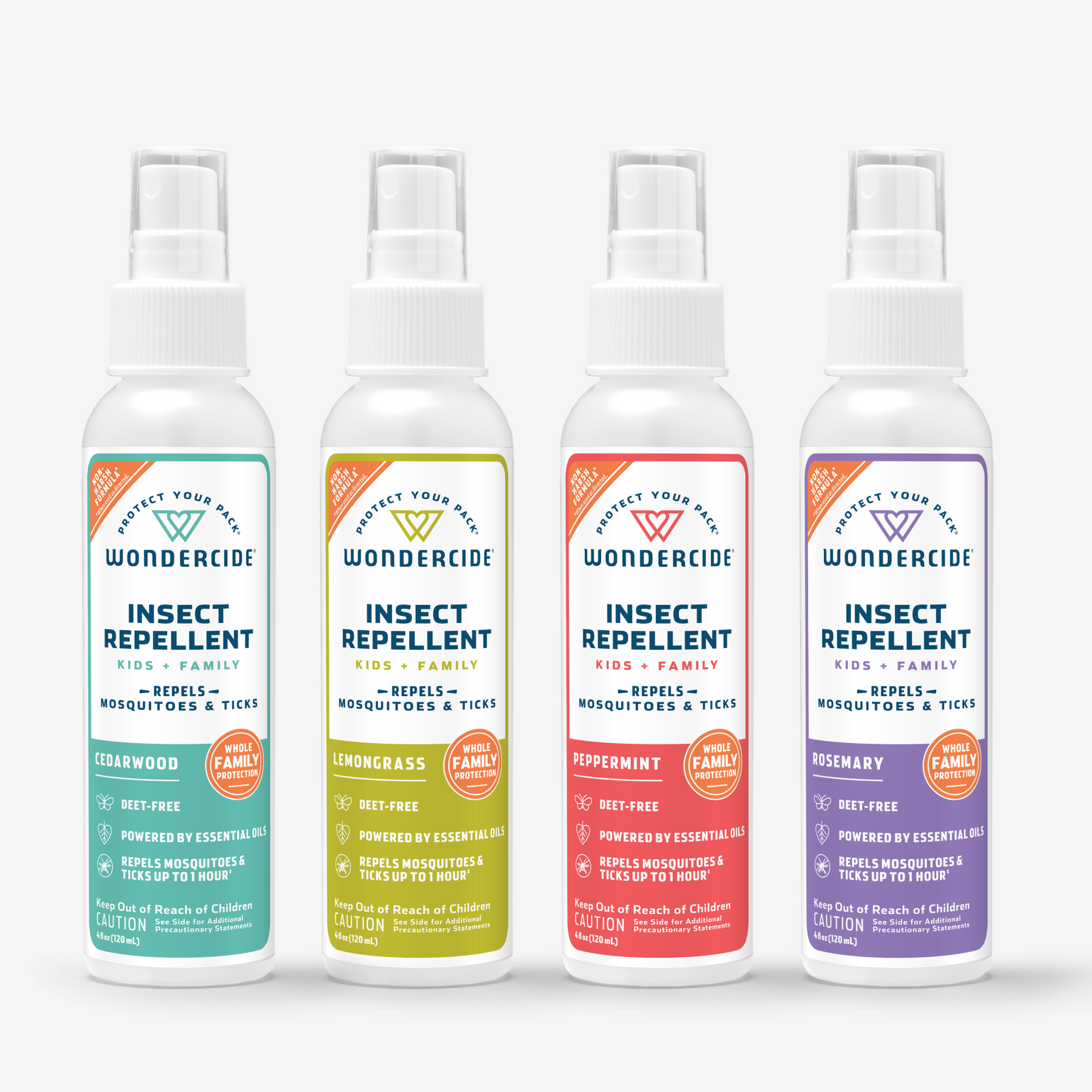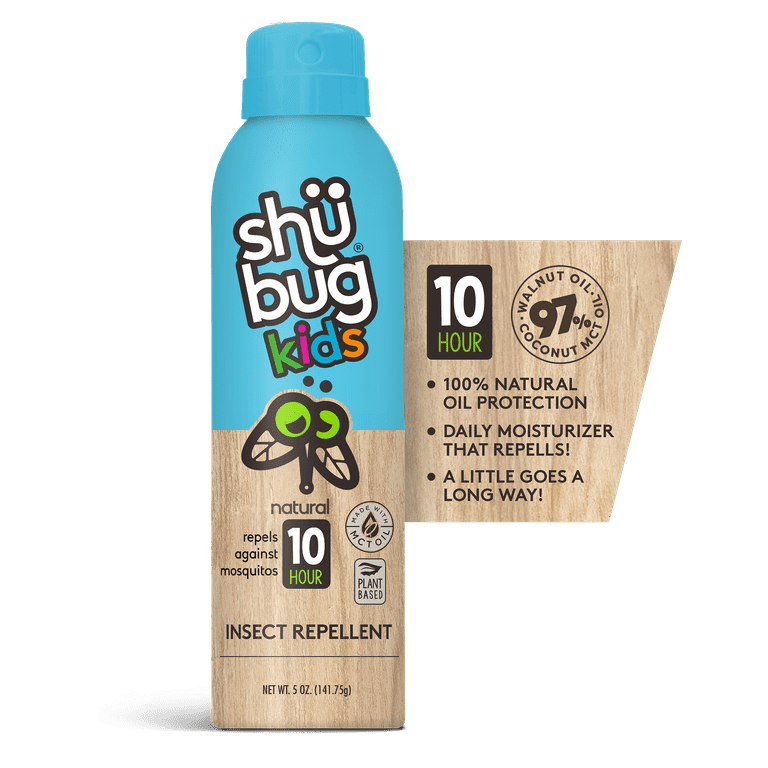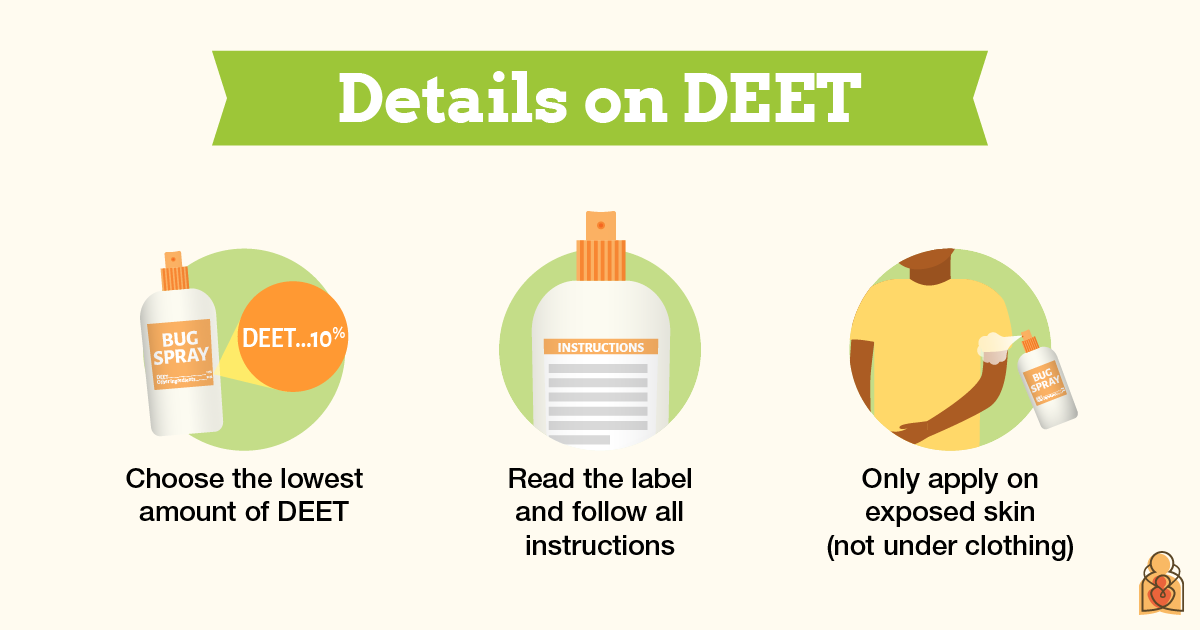Using mosquito repellent daily is generally safe, but avoid overusing it to maintain effectiveness. Follow label instructions for proper application.
However, ensure adequate ventilation, especially with DEET-based products, to prevent inhaling fumes. Applying repellent on exposed skin, clothing, socks, and shoes once a day is recommended, but avoid using it on the face, cuts, or irritated skin. Additionally, the EPA states that DEET is safe for all ages when used as directed.
Be cautious not to spray repellents directly on the face or over cuts, wounds, and follow safety guidelines provided by regulatory agencies for optimal protection against mosquitoes.
Introduction To Mosquito Repellents
Applying mosquito repellent daily is generally safe, but avoid overusing to prevent potential side effects. Follow label instructions for proper and effective application. It’s safe to sleep with repellent on skin, ensuring good ventilation, especially with DEET-based products.
Mosquito repellents are essential tools for protecting ourselves from the itchy, irritating, and sometimes dangerous bites of mosquitoes. These products work by either masking the scent of the individual wearing it or by actively repelling the insects. With a variety of options available, it’s important to understand the different types of mosquito repellents and the common ingredients found in them to make informed choices about their usage.
Types Of Mosquito Repellents
There are various types of mosquito repellents available in the market, each with its unique features and application methods. Common types include:
- Citronella-based repellents
- DEET-based repellents
- Picaridin-based repellents
- Oil of lemon eucalyptus-based repellents
- Permethrin-treated clothing
Each type has its own strengths and limitations, making it crucial to choose a repellent that suits your specific needs and preferences.
Common Ingredients In Repellents
Mosquito repellents contain various active ingredients that are effective in deterring mosquitoes. Some of the most common ingredients include:
- DEET (N,N-diethyl-meta-toluamide): A highly effective and widely used repellent.
- Picaridin: An odorless alternative to DEET, suitable for individuals with sensitive skin.
- Citronella oil: A natural repellent derived from lemon-scented plants.
- Oil of lemon eucalyptus: A plant-based repellent with a pleasant scent.
Understanding the common ingredients in repellents can help individuals make informed decisions regarding the products they choose to use, ensuring they are effective while also being safe for daily application.

Credit: www.amazon.com
Daily Use Of Mosquito Repellents
Mosquito repellents are a common defense against the itchy bites and potential diseases caused by these pesky insects. Many people wonder about the safety of using mosquito repellents daily. It’s important to understand the recommended usage patterns and the effects of overuse to make informed decisions about daily application.
Recommended Usage Patterns
When using mosquito repellents daily, it’s crucial to follow the recommended usage patterns to ensure safety and effectiveness. Here are some guidelines:
- Apply repellent sparingly to exposed skin and clothing.
- Follow the instructions on the product label regarding the frequency and amount of application.
- Consider using alternatives to chemical repellents, such as natural or DEET-free options, when possible.
- Use mosquito nets and screens in addition to repellents for comprehensive protection.
Effects Of Overuse
Overusing mosquito repellents can lead to potential health risks and environmental concerns. Here are some effects to be aware of:
- Skin Irritation: Excessive use may cause skin irritation or allergic reactions.
- Respiratory Issues: Inhaling fumes from overused repellents, especially those containing DEET, can lead to respiratory discomfort.
- Environmental Impact: Overuse of chemical repellents can contribute to environmental pollution and harm to non-target organisms.
- Reduced Effectiveness: Overuse may diminish the effectiveness of the repellent, leading to inadequate protection against mosquitoes.
Health Impacts Of Repellents
Using mosquito repellent daily can have health impacts if not used properly. It’s generally safe, but overuse can lead to poisoning or skin irritation. Always follow label instructions and avoid applying near sensitive areas like the face. Proper ventilation is key for safe use during sleep.
Short-term Side Effects
Mosquito repellents can have short-term side effects, especially if used excessively. Symptoms such as skin irritation, redness, or a burning sensation at the application site can occur. In some cases, individuals may experience dizziness or nausea if they inhale the fumes of repellents. It’s crucial to follow the instructions on the product label to minimize these short-term effects.
Long-term Health Risks
Long-term use of mosquito repellents may pose potential health risks. Continuous exposure to certain repellent chemicals can lead to respiratory issues and allergic reactions. Additionally, some studies suggest a possible link between extended use of repellents containing DEET and neurological disorders, although more research is needed to confirm these associations.
Safety Of Deet
The safety of DEET in mosquito repellents for daily use is generally considered safe, but it’s important to follow label instructions for optimal effectiveness. Ensure proper ventilation when sleeping with repellent on skin, especially with DEET products, to avoid inhaling fumes.
It’s recommended to apply DEET-based repellents no more than once a day.
What Is Deet?
DEET, or N,N-Diethyl-meta-toluamide, is a common active ingredient found in many mosquito repellents. This chemical compound is designed to deter mosquitoes and other insects from landing on your skin, making it an effective tool for preventing bites and the diseases that they may carry.Deet Safety For Adults And Children
When used as directed, DEET is generally considered safe for both adults and children. According to the Environmental Protection Agency (EPA), DEET is not expected to cause any harmful effects to human health when used as directed. However, it is important to follow the label instructions carefully to avoid overuse or misuse of the product.For adults, DEET is safe to use on exposed skin, as well as on clothing, socks, and shoes. However, it should not be used on the face, under clothing, on cuts or irritated skin, or on the hands of young children. Additionally, DEET should only be applied once a day to avoid overexposure.For children, the American Academy of Pediatrics recommends using insect repellents containing no more than 30% DEET, and applying it no more than once a day. It is also important to avoid using DEET on babies younger than 2 months old.While DEET is generally safe, it is important to be aware of the potential side effects. In rare cases, DEET may cause skin irritation, redness, or a rash. Ingesting DEET can also be harmful and may cause nausea, vomiting, headaches, or seizures. However, these side effects are rare and typically only occur with overuse or misuse of the product.In conclusion, DEET is generally considered a safe and effective tool for preventing mosquito bites and the diseases they may carry. When used as directed, DEET can be a valuable tool for protecting yourself and your family from the dangers of mosquito-borne illnesses.Non-deet Repellents
Non-DEET repellents are a safe alternative for daily mosquito protection. Ensure proper ventilation when using repellents to prevent inhaling fumes, especially with DEET products. Always follow label instructions for safe and effective application.
Natural Alternatives
If you are looking for a non-DEET mosquito repellent, there are several natural alternatives available in the market. These products contain essential oils such as citronella, lemongrass, and peppermint, which are known to repel mosquitoes. Some natural repellents also contain ingredients like picaridin and IR3535, which are effective in keeping mosquitoes away. However, it is important to note that natural repellents may not be as effective as DEET-based products and may need to be reapplied more frequently.Efficacy And Safety
Non-DEET mosquito repellents are generally considered safe for daily use. However, it is important to follow the label directions and apply the product only as directed. Overuse of any repellent can cause skin irritation or other adverse effects. It is also important to note that non-DEET repellents may not provide the same level of protection as DEET-based products. If you live in an area with a high risk of mosquito-borne diseases, you may want to consider using a product with DEET to ensure maximum protection.In conclusion, non-DEET mosquito repellents are a safe and effective alternative to DEET-based products. However, it is important to choose a product that suits your needs and to follow the label directions for safe and effective use.Special Considerations
When considering the daily use of mosquito repellent, there are several special considerations to keep in mind. These considerations include the safe use of repellent in children and during pregnancy. It’s essential to understand the potential risks and benefits in these specific scenarios to ensure the health and well-being of individuals.
Use In Children
Using mosquito repellent on children requires special attention to safety guidelines. It is crucial to apply the repellent no more than once a day and to avoid using it on their face, under clothing, on cuts or irritated skin, or on the hands of young children. When using sprays, it’s important to avoid spraying directly into the face and to spray on hands first before applying to the face.
Use During Pregnancy
Pregnant individuals should exercise caution when using mosquito repellent. It’s advisable to consult with a healthcare professional before using any repellent products during pregnancy to ensure the safety of both the mother and the developing fetus.
Regulations And Guidelines
Mosquito repellents play a crucial role in protecting individuals from mosquito-borne diseases. However, it’s essential to understand the regulations and guidelines set by regulatory bodies to ensure the safe and effective use of these products.
Fda And Epa Guidelines
The Food and Drug Administration (FDA) and the Environmental Protection Agency (EPA) are the primary regulatory authorities governing the use of mosquito repellents. The FDA regulates repellents applied to the skin, while the EPA oversees those applied to clothing and outdoor areas.
Label Directions And Compliance
Adhering to label directions is paramount for the safe use of mosquito repellents. The label provides crucial information on application frequency, areas of application, and precautions. Compliance with label directions ensures the maximum effectiveness while minimizing potential risks associated with overuse or improper application.

Credit: www.wondercide.com
Practical Tips
When it comes to using mosquito repellent daily, it’s essential to follow practical tips to ensure safety and effectiveness. From applying repellents correctly to knowing when to reapply, these tips can help you use mosquito repellent in a way that maximizes protection while minimizing potential risks.
Applying Repellents Correctly
Proper application of mosquito repellent is crucial for its effectiveness. Here are some key points to keep in mind:
- Apply repellent to exposed skin and clothing, following the instructions on the product label.
- Do not apply repellent under clothing, on cuts or irritated skin, or on the hands of young children.
- If using a spray, avoid direct application to the face; instead, spray on hands first and then apply to the face.
When To Reapply
Knowing when to reapply mosquito repellent is important for maintaining protection. Consider the following factors:
- Reapply repellent as directed on the product label, typically after swimming, sweating, or extended outdoor exposure.
- Be mindful of the duration of protection provided by the specific repellent product being used.
- When in doubt, err on the side of caution and reapply the repellent more frequently in high-risk mosquito environments.

Credit: www.walmart.com
Frequently Asked Questions
Can You Use Too Much Mosquito Repellent?
Avoid using excessive mosquito repellent; follow label instructions for effective and safe application.
What Are The Long Term Side Effects Of Mosquito Repellent?
Long term side effects of mosquito repellent may include skin irritation, allergies, and respiratory issues.
Is It Ok To Sleep Next To Mosquito Repellent?
Yes, it is generally safe to sleep next to mosquito repellent, but ensure proper ventilation to avoid inhaling fumes, especially with DEET products.
Conclusion
Using mosquito repellent daily is generally safe if used as directed. Follow label instructions to avoid overuse and maximize effectiveness. Ventilate well when sleeping with repellent on skin. Choose safe options like DEET-free products for kids. Prioritize safety for long-term health benefits.
Related posts:

I’m MD Tanvir, and I bring years of expertise gained from working closely with pest control companies to the forefront. My journey in the industry has inspired me to launch Bug Battler, a platform aimed at equipping people with the know-how to combat pests autonomously. Through Bug Battler, I aim to empower individuals with practical insights to tackle pest infestations effectively.

